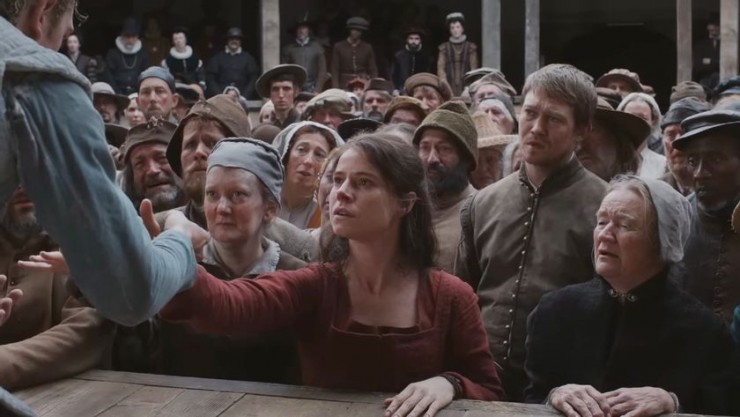
Rye Lane: Bafta-nominated movie, backed by BBC FIlm, had a budget of £3m
Higher tax breaks for low-budget British movies and visual effects on film and high-end TV, plus funding to extend the National Film and Television School were unveiled in the Chancellor’s Budget today.
Tax relief of 40% for films costing up to £15m has been heralded as a “game changer” by BFI chair Jay Hunt and as “the most significant policy intervention since the 1990s” by the institute’s chief executive Ben Roberts.
Pact chief executive John McVay said:“I’m pleased that the government has recognised the important role the British independent film sector plays in developing key talent and sustaining jobs across the economy.
“The sector has reached a critical point and this intervention will provide a lifeline to indie film producers by allowing them to access funding which will attract key creative talent and in turn give them the ability to recoup their initial investment.”
The tax relief, which kicks in next month, applies to films with a UK writer or director, or that are officially certified as a UK co-production.
The BFI had fought for the change, presenting evidence that spend on UK domestic films fell to £150m in 2023, just over 11% of the total £1.36bn spent on making new films here, which is increasingly dominated by overseas productions.
The institute had argued that filmmakers were having to turn to countries with better tax incentives, at the expense of UK crews, production services and locations.
A swathe of industry figures have endorsed the enhanced tax relief, including Christopher Nolan, Joanna Hogg, Gurinder Chadha, Steve McQueen, Steven Knight, Pippa Harris and Danny Boyle.
Channel 4 chief executive Alex Mahon described it as “a much-needed intervention” that “will enable Film4 to continue to nurture and work with the most distinctive and innovative talent in the UK.
“It is not only important for jobs but will help ensure the future sustainability of the British film industry and enable culturally significant films to continue to be made.”
Film studios in England have also been granted a 40% relief on gross business rates bills, while the tax relief on UK VFX costs for film and high-end TV has risen by 5%, with an 80%-of-expenditure cap relaxed.
Meanwhile, the government has pledged to “contribute significantly” to the National Film & Television School’s (NFTS’s) planned £20m expansion of its Beaconsfield site.
The government’s projected additional £10m, subject to the business case, will help the NFTS to add 25,000 square feet of new teaching space, including an apprenticeship centre, new courses in technologies such as AI, games, and virtual and real-time production, and accessible student accommodation.
NFTS chair Sophie Turner Laing said the “vital” funding will “help shape the next chapter and reaffirms our commitment to ‘building the future’ and advancing the NFTS’s globally renowned training within film, television and games education.”


